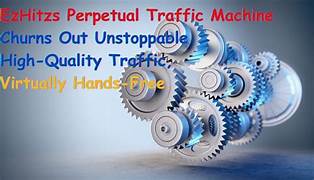Is Solar Right for You? Top 5 Questions Homeowners Should Ask Before Going Solar
Before deciding to go solar, many homeowners have concerns about whether it's the right choice for them. Here are the top five common concerns and how they can be addressed:
1. Cost of Solar Panels and Installation
Concern: Homeowners worry about the high upfront cost of purchasing and installing solar panels.
Solution: While the initial cost can be significant, there are various financing options such as solar loans, leases, and Power Purchase Agreements (PPAs) that can reduce the upfront expense. Additionally, many governments offer incentives, tax credits, and rebates (e.g., the U.S. federal tax credit of 30%) to lower the overall cost. Over time, solar panels pay for themselves through energy savings.
Get $800 To $3,000 For Your Account...
2. Return on Investment (ROI)
Concern: Homeowners are concerned about how long it will take to see a return on their investment and whether the savings justify the expense.
Solution: Solar panel ROI typically occurs within 6-10 years, depending on factors like location, energy usage, and local energy rates. Homes in areas with high electricity costs and lots of sunlight see quicker returns. The panels can last 25+ years, providing energy savings for decades beyond the payback period.
3. Maintenance and Durability
Concern: People often wonder if solar panels require a lot of maintenance or whether they’ll be durable in harsh weather conditions.
Solution: Solar panels are low maintenance, with most systems only requiring periodic cleaning and inspection. Manufacturers often provide warranties of 20-25 years, covering any performance issues. Panels are designed to withstand extreme weather conditions, including snow, hail, and wind, and are built to be durable.
4. Impact on Home Value
Concern: Some homeowners worry about how installing solar panels might affect their property value or make their home harder to sell.
Solution: Numerous studies suggest that homes with solar systems tend to sell faster and at higher prices than those without. Buyers are attracted to the idea of energy savings and reduced utility bills. In most cases, solar panels increase the home’s value, especially if the system is fully owned (rather than leased).
5. Energy Reliability and Efficiency
Concern: Homeowners may question whether solar panels will generate enough power to meet their energy needs, especially during cloudy days or at night.
Solution: Solar panels are highly efficient, and with proper system sizing based on energy consumption, they can cover most, if not all, of a home's energy needs. Additionally, advancements in energy storage (e.g., solar batteries) allow for energy to be stored and used at night or during cloudy days. In many areas, net metering allows homeowners to sell excess energy back to the grid, further offsetting electricity costs.
These concerns are understandable but manageable with proper planning and knowledge of available solutions.
Get $800 To $3,000 For Your Account...
...
No comments yet

